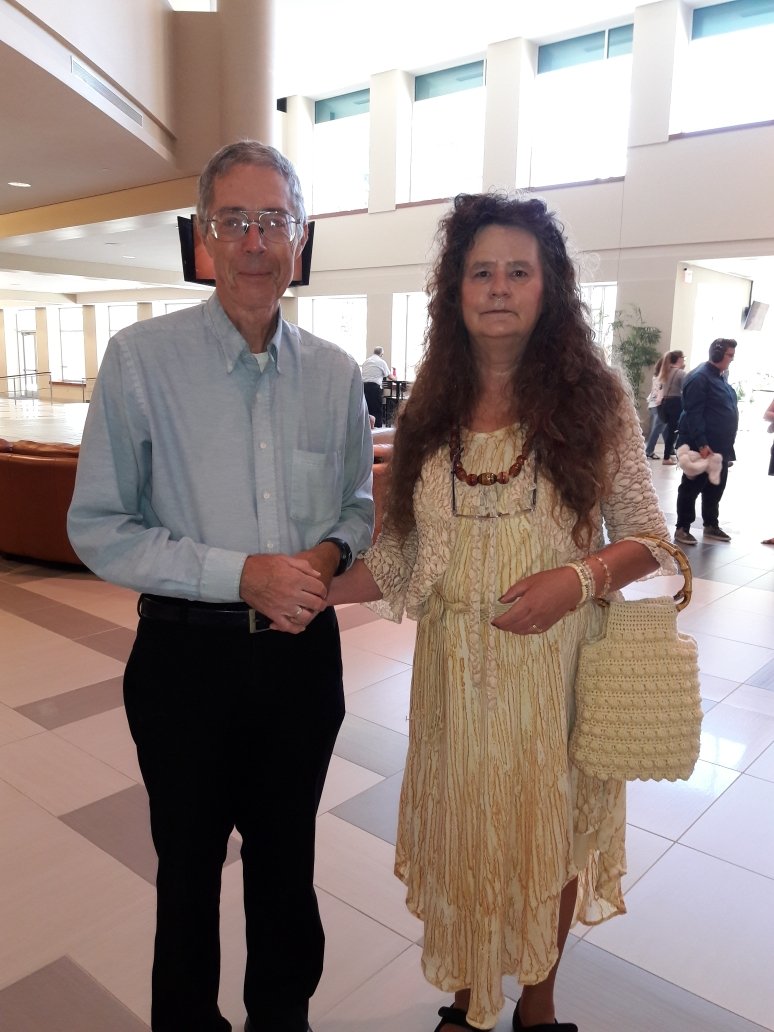Science tells us that we are made up of atoms—billions of tiny particles arranged in complex ways to create our bodies, thoughts, and emotions. But is that all we are? Are we simply a collection of molecules responding to electrical impulses, or is there something deeper that defines our existence? The question of whether we are more than just atoms has fascinated philosophers, scientists, and spiritual seekers for centuries.
The Science of Human Composition
At our core, humans are biological machines. Our bodies function through complex chemical reactions, and our thoughts result from electrical signals traveling between neurons. From a purely scientific perspective, everything we feel—love, joy, sadness—is a response generated by our brain’s chemistry. But does this fully explain human consciousness, morality, or the profound sense of purpose many experience?
Despite advancements in neuroscience, science still struggles to explain consciousness—the awareness of our own thoughts, emotions, and existence. How do we experience love beyond mere attraction? How do we find meaning in suffering? These questions suggest there may be something beyond the physical components that make up our bodies.
The Intangible Aspects of Being Human
While atoms form the structure of our bodies, they do not define our experiences, dreams, or sense of self. Consider emotions: science can describe the chemical changes that occur when we feel happiness or grief, but it cannot fully explain why we experience these emotions so deeply.
Similarly, love goes beyond the biological function of survival and reproduction. The bond between a parent and child, the unconditional love of a friend, or the selfless compassion shown to strangers all suggest something beyond mere biological programming. These experiences hint at a spiritual dimension that cannot be measured in a laboratory.
Another key element is morality. If we are only atoms, why do we feel a sense of right and wrong? Why do we have empathy and an innate desire for justice? Science can explain behaviors, but it does not answer why humans are drawn to ideas of fairness, kindness, and sacrifice. Many believe this moral compass comes from something beyond biology—perhaps a soul, a higher consciousness, or a universal force of good.
The Search for Meaning and Purpose
One of the strongest indicators that we are more than atoms is our constant search for meaning. Throughout history, humans have looked to philosophy, religion, and personal introspection to understand their purpose. If we were only a collection of atoms, why would we deeply desire answers beyond our physical existence?
The desire to create, connect, and leave a lasting impact on the world suggests that we are more than just physical beings. We write poetry, paint masterpieces, compose music, and strive for innovation—not simply to survive but because something within us pushes us toward creativity and expression.
Many also report profound spiritual experiences—moments of deep connection, peace, or overwhelming love. These moments defy scientific explanations and suggest there may be more to us than what can be observed under a microscope.
Science and Spirituality: Can They Coexist?
Some believe science and spirituality conflict, but they may complement each other. Science helps us understand the mechanics of the universe, while spirituality explores the deeper questions of purpose, morality, and consciousness.
The vastness of the universe itself raises spiritual questions. How did life emerge from non-life? Why does the universe follow precise laws? Why do we have the ability to reflect on our own existence? Science provides some answers, but many mysteries remain.
Rather than seeing science and spirituality as opposing forces, perhaps they are two sides of the same coin. Science explains how things work, while spirituality helps us understand why we exist.
Final Thoughts: Are We Just Atoms?
Life would be purely mechanical- void of deeper meaning if we were nothing more than a collection of atoms. But our experiences, emotions, and moral values suggest otherwise. How we love, dream, and seek purpose points to something beyond the physical. Whether one believes in a soul, a universal energy, or a higher power, it is difficult to ignore the feeling that we are more than just biological machines.
Ultimately, the answer may not be found in a scientific formula or a religious doctrine but in how we live our lives. If we believe we are more than atoms, our actions, kindness, and pursuit of purpose become even more meaningful. The real question is not whether we are more than just atoms but how we choose to live knowing that we might be.



